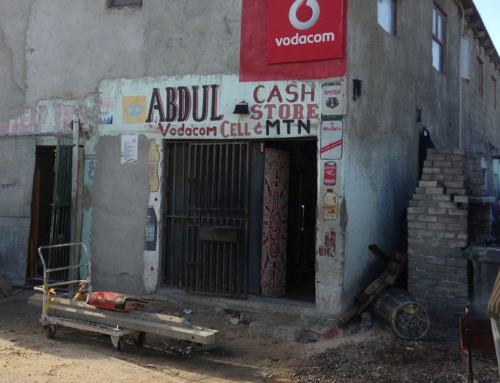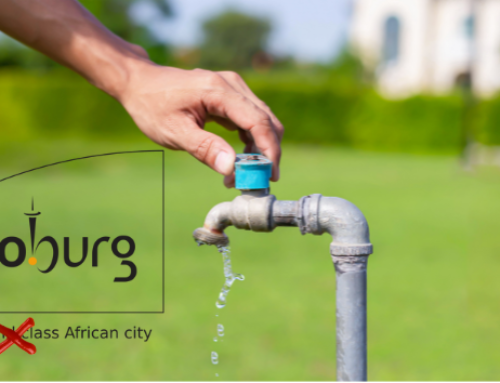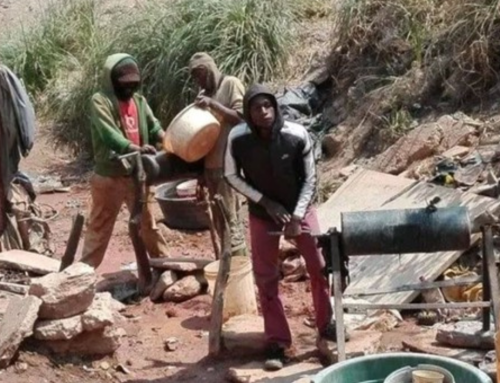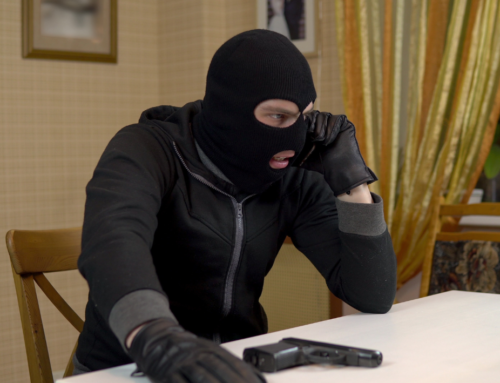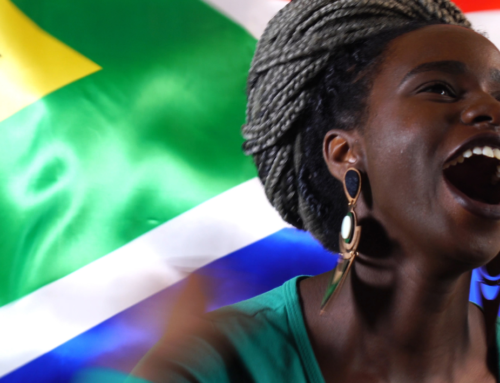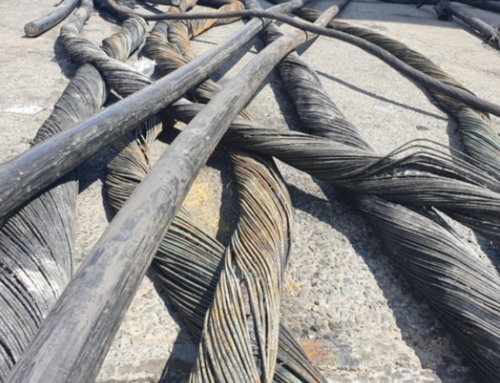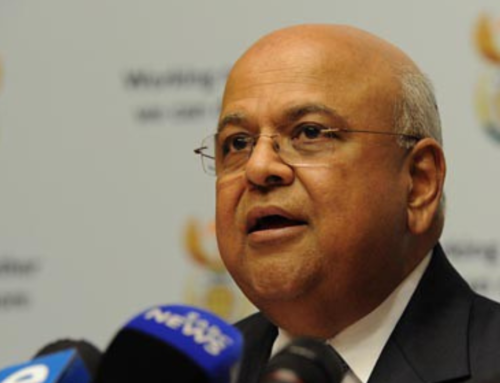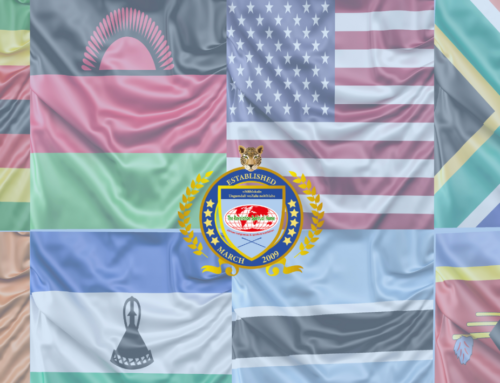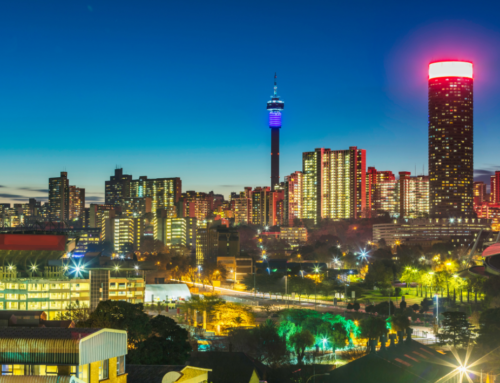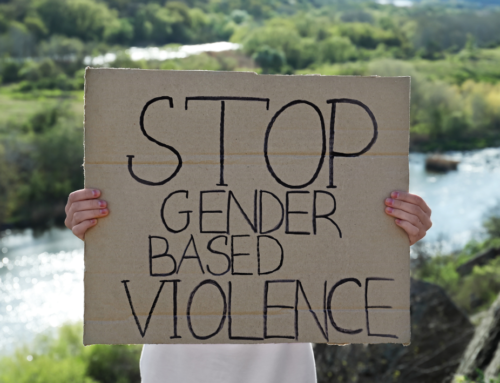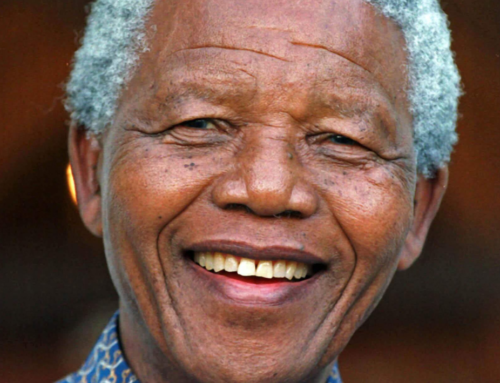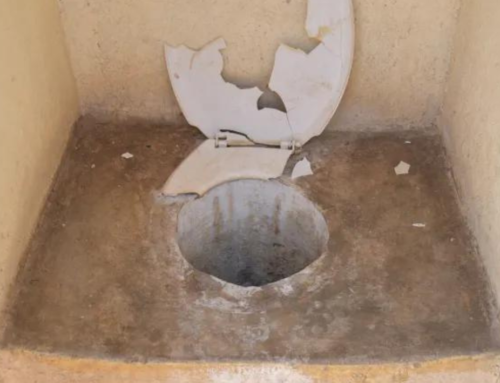Address by Mr Bantu Holomisa, MP at the celebration of Human Rights Day at Marikana, North West on 21 March 2013
Programme Director,
Deputy President,
Secretary General,
UDM National Executive Committee Members,
UDM Public Representatives and members of the Party,
People of the Bojanala Region
Fellow South Africans
Thank you to all of you who have come today to make this celebration possible. The structures of the United Democratic Movement (UDM) in the North West in particular have worked very hard to bring us all together; thank you.
To our Secretary General, Mr Bongani Msomi, our National Treasurer, Mrs Thandi Nontenja, a special word of thanks for the hard work and hours of sweat.
HUMAN RIGHTS IN SOUTH AFRICA
Human Rights Day is a reminder of the tragic 1960 Sharpeville Massacre, in which the police opened fire and killed 69 people at a peaceful demonstration against the apartheid pass laws.
Today, South Africans of all races use this day to celebrate our unique Constitution which gives equal rights to all. We also take stock of the progress we made to promote, develop and protect human rights in South Africa.
Despite the quantum leap from an oppressive regime to one of the most liberal constitutions in the world, human rights violations in South Africa occur all too frequently.
INEQUALITY OF SOUTH AFRICA’S CITIZENS
It cannot be denied that much has been done for our people, but we must be honest and say that there are too many of us that have no houses, no access to water and sanitation, others walks miles to get to hospitals and clinics, children are taught in mud schools and people don’t have jobs.
Millions of our people go to bed on an empty stomach. We all know that poverty is the greatest human rights violation. Co-existing with these high levels of poverty, is extreme inequality, with the gap between the rich and poor widening on a daily basis.
ROLE OF UNIONS
Another issue related to human rights is the critical question of how best to put the majority citizens in the mainstream of the economy.
That said, it is worth noting that the Lonmin workers decided to take the fight about remuneration and working conditions to their employers. You took it upon yourselves to unshackle the workers from the yoke of poverty and inequality.
It was brave of you to bypass the middleman, the National Union of Mineworkers (NUM), when you realised that it was no longer serving your best interests.
It is encouraging to see that you continue to fight for your rights despite the challenges facing you.
However, you should remember that removing the middleman was just the first step.
One of the most critical steps in this process, is that you should continue to familiarise yourselves with the laws of the land. This is extremely important in helping you to frame the appropriate response to whatever challenges come your way.
In this regard, we commend the leadership of the Association of Mineworkers and Construction Union (AMCU) for the sterling work in guiding and supporting you during the negotiations.
Mining houses must invest more to cultivate direct relationships with their employees. We call on the management of mines to have an open-door policy and give their employees the opportunity to talk about the matters close to their hearts.
I would, however, like to give you a word of advice on the controversial issue pertaining to the access, or lack thereof, of the mineworkers’ to a provident fund worth R22 billion and NUM’s investments schemes.
For many years I have been helping ex-mineworkers to claim for their pension funds without success.
It is worrying that none of these ex-mineworkers have ever benefited from these schemes of the investment arms of the trade unions. I have yet to come across a mineworker who has received dividends from these investments.
It seems as if some trade unions are using workers as their cash cows.
This is daylight robbery! We must say NO to this exploitation of workers!
In this regard, I would advise you to approach the Farlam Commission and request it to summon the South African Chamber of Mines, NUM, the Department of Labour and the Department of Health to explain where the workers’ monies are.
The root of the unhappiness that led to unnecessary deaths of mineworkers was the conditions of service and as such we expect that the Commission would be keen to assist you to trace your invested monies. Even if it means that Judge Farlam must ask the President to extend the Commission’s terms of reference to cater for this important matter.
NATIONALISATION OF MINES – SHARING IN THE WEALTH
The debate around the nationalisation of mines has been raging for quite some time and I bet that last word was not said at Mangaung. As long as there is no transparency about who really benefits from mining in South Africa, this problem will not go away.
Our fathers have been working in these shafts for years without reaping the benefits from this wealth. It seems that we were foolish to think that after 1994 things would change. Instead we see a selected few, parachuted into the mining industry under the guise of Black Economic Empowerment (BEE), who have absolutely not ownership and no control.
Perhaps, if we had share schemes for the mineworkers we would be talking a different language today.
It is for this reason that the UDM has been calling for an economic indaba, on the same scale as Codesa, so that we can thresh out these contentious issues.
A GOVERNMENT MAKES IT WORSE INSTEAD OF BETTER
The ANC-led government’s decision after 1994 to hastily remove subsidies from key industries, such as agriculture, textile, and so on, is on of the reasons for high levels of poverty and unemployment. To make matters worse, the money Government used to pay for the subsidies is now being channelled to dysfunctional institutions and cadre enrichment schemes.
The Tripartite Alliance has also institutionalised corruption, in that, through its investment arms it is always first in line for government tenders. This means that the ANC is both player and referee.
The current government does not have its priorities straight.
Even if you look at the budget allocations of provinces, there seems to be disparity between what the requirements are and how much resources are given.
One can only be baffled when you hear of another elite project to be launched that will line the pockets of the Comrades in Corruption.
MARIKANA MASSACRE
We stand today on piece of ground that has seen much heartache and sadness. What happened here is a stark reminder of how easily human rights are infringed upon.
It is unfortunate that the voices of the people are so suppressed, not only in Marikana, but in other parts of the Country. It reminds us of the Apartheid era, when the Government did not want to listen to its people and they abused their power by sending the police to silence the people.
By doing this, the Government played the police against the people and destroyed the hard-earned trust.
The Farlam Commission would have failed in its duty if it does not scratch deep enough to determine the extent of involvement of the political heads of this Country in sending the security forces to crush peaceful protests.
CONCLUSION
In the past, no opposition party would have been given a chance to speak to the people of this area. We thank AMCU for their non-partisanship and that they made it possible for political leaders and other stakeholders to talk to the mineworkers.
As a result of this attitude, you now know that you have monies that are due to you.
As we leave here today, we must live the dream that is described in our Bill of Rights.
The Bill of Rights is the cornerstone of our democracy and enshrines the rights of ALL the people of this country; it affirms the value of human dignity, equality and freedom.
It is no good to pay lip service and say: “Never again”. We must each have our rights, but we also have our responsibilities as citizens of this Country.
We must work hard to find each other and make South Africa a Winning Nation.
I thank you.





